Bernard Green has already given London Grip readers his memoir of Alf’s Café: here now is his “prequel” about dramatic incidents in Farnham in the 1940s…
history

Brian Docherty comments on political poems from pre-WW2 Japan by Kosuke Shirasu which have recently been republished in a bi-lingual edition by Jun Shirasu and Bruce Barnes
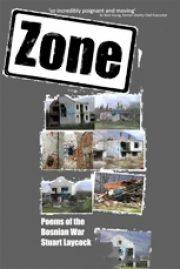
Nick Cooke is impressed by the authenticity of Stuart Laycock’s collection of poetry from the Bosnian War
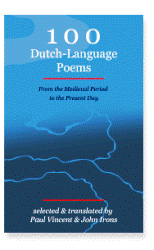
David Cooke applauds the efforts of Paul Vincent & John Irons in selecting and translating an anthology which spans 1000 years of Dutch poetry

Thomas Ovans acknowledges the work and the craft that has gone into Alison Hill’s poetic tribute to women pilots of the ATA
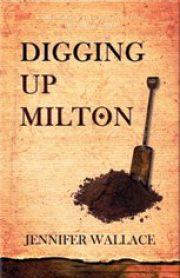
Jennifer Wallace has used some scraps of historical fact and a good deal of lively imagination to build her new novel set in 18th century London
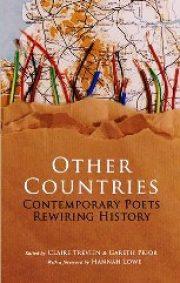
Anna Robinson looks at a recent anthology of poems about historical events and considers what we can learn from poetry about ways of exploring the past.
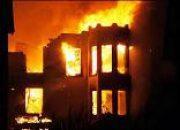
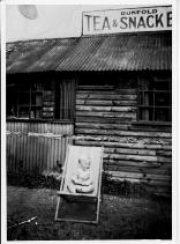
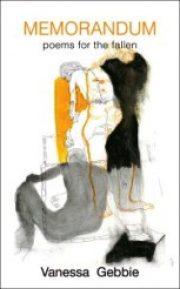


John Lucas is entertained by Keith Hutson’s collection of poems about music hall – and by the performers who appear in it
By Michael Bartholomew-Biggs • books, comedy, history, poetry reviews, theatre, year 2016 1 • Tags: books, comedy, history, John Lucas, poetry, theatre